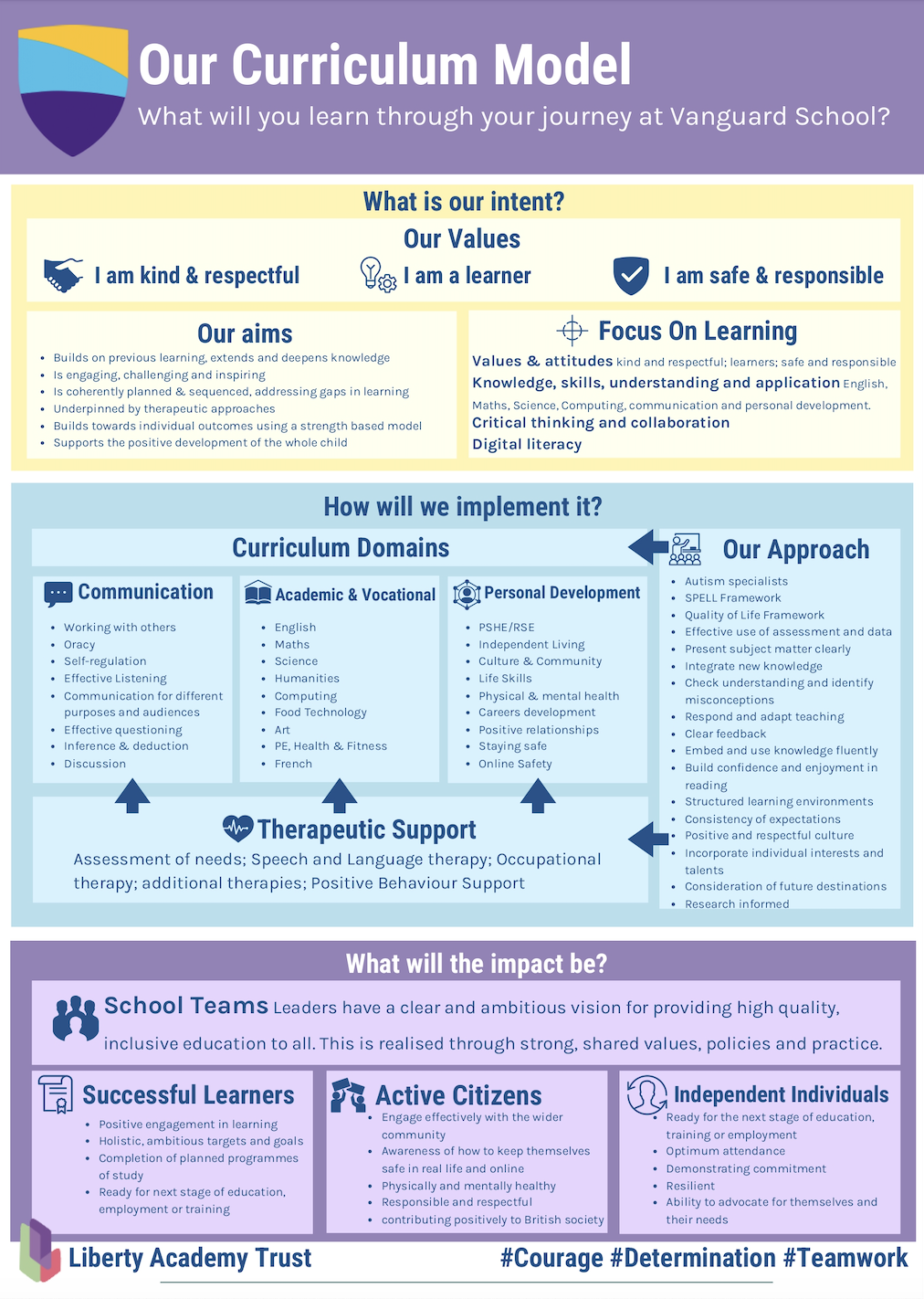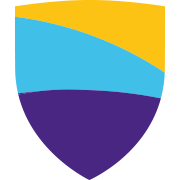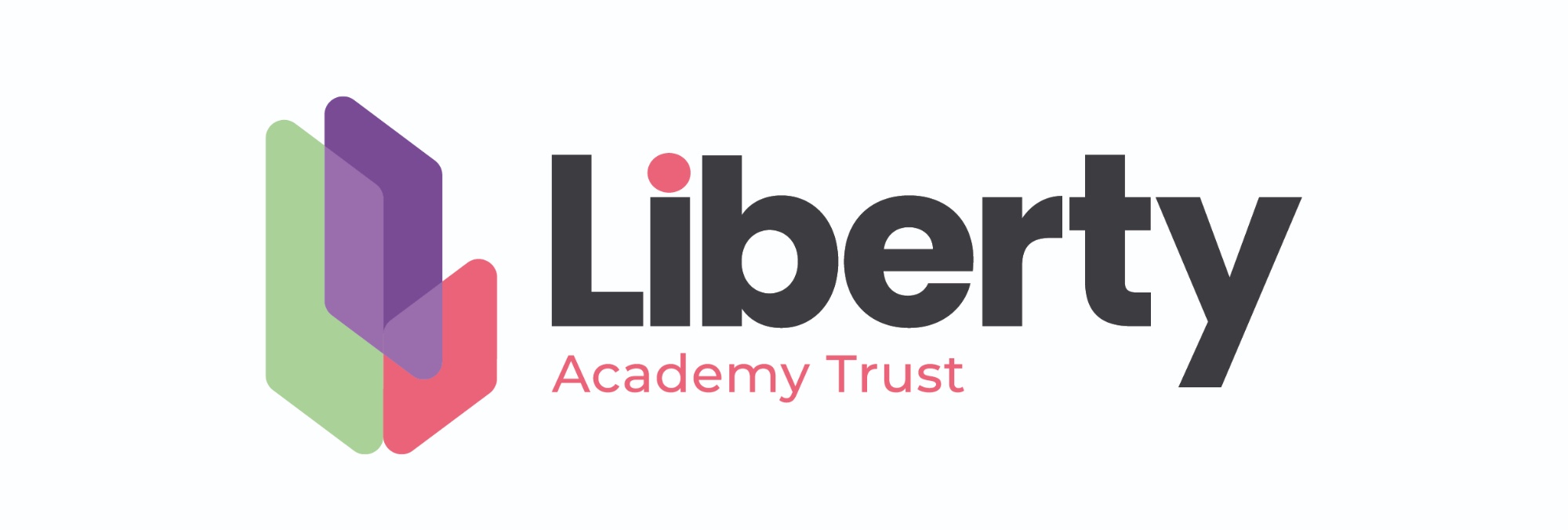Curriculum
To discuss the Vanguard School curriculum, please contact:
Joel North (Assistant Principal - Quality of Education) - joel.north@vanguardschool.org.uk
Our Vision
"To deliver an education for our pupils that meets their needs, aspirations and interests, to prepare them well for adulthood."
We recognise that each autistic child has unique needs and a unique approach to learning. We therefore personalise the curriculum to meet the individual needs of each student.
We seek to engage our students in learning through the delivery of a flexible and challenging curriculum, where all lessons have a sense of discovery. We provide opportunities for young people to develop their confidence and self-esteem, to think creatively and take risks, work independently and collaboratively, and to respect others.
Our aim is to increase the opportunities available to young people. We identify and nurture each young person’s talents so they experience success, develop confidence and thrive. We provide pupils with opportunities to learn skills, understand their own difficulties and strengths and develop ‘personal tool kits’ to help them through stages of life. We work collaboratively, ensuring we support the outcomes that are important to parents and health and social care professionals.
The purpose of our curriculum is to provide students with a foundation of knowledge and skills that will prepare them for their future adult life, and increase their opportunities and inclusion in society. We deliver personalised learning that capitalises on individual strengths and removes barriers to learning, enabling our students to achieve their potential and beyond.
Our curriculum enables students to work towards Entry level, GCSE and A-level qualifications. The curriculum promotes the intellectual, personal, social and physical development of all students. The curriculum takes account of students' differing abilities, experiences and profile in order to provide all students with both challenge and opportunity.
The curriculum is sufficiently flexible to facilitate some students accessing learning at partner mainstream schools where appropriate. The focus of the curriculum is supporting young people to make a successful transition into adulthood as confident young people with the necessary skills to live independently, gain paid employment and participate in their local community. We believe education must adapt, and the curriculum is constantly evaluated and reviewed to meet individual needs and the changing values of society (such as the increase in the use of technology). All students have the right to an appropriate curriculum and the school supports the right of all students to equal access regardless age, culture, religion, ability or disability.

Years 7-9 Curriculum Overview
In Years 7, 8 and 9, students study the following subjects:
Subject-specific-curriculum
- English
- Mathematics
- Science (Biology, Chemistry, Physics)
- Computing
- Humanities
- Modern Foreign Languages (French)
- Creative Arts
- Art
- Physical Education
Personal development and life skills
- PSHE and Citizenship; Religious Education; Food & Nutrition; Sex and Relationships Education; Personal Finance Education; First Aid
Employability and careers
- Careers Education and Guidance; Employability Skills; Work Experience; Industry Taster Sessions
Years 10-11 Curriculum Overview
In Years 10 and 11, students study a personalised programme of subjects, designed to enable them to access a suite of qualifications at Level 2 (GCSE, or GCSE-equivalent). Where it is more appropriate for students to access qualifications at a level more suitable to their academic stage, the school will offer alternative qualifications (such as Entry Level qualifications) some of which will be at Level 1. These qualifications are also designed to prepare students for further study and for opportunities in the workplace.
Each student and their family will receive personal, tailored advice and guidance on the suite of qualifications most suitable for them. This will involve advice given in advance during Year 9, and through face to face meetings with the school and other agencies involved in supporting the young person.
Foundation curriculum
Where required, Entry Level or Functional Skills qualifications may be substituted for GCSE options in a given subject, where this would best suit a pupil’s needs. Each option will be discussed with families and a personalised curriculum plan will be made.
Examples are:
- Entry Level Mathematics
- Entry Level Certificate Step-up to English
- Entry Level Science
- BTEC Level 1 Introductory in Information Technology
|
Exam Board |
Subject |
Qualification Type |
Level |
QAN Code |
Qualification Title |
|
Pearson |
Mathematics |
GCSE |
GCSE |
601/4700/3 |
|
|
Cambridge |
English |
iGCSE |
iGCSE |
0990 |
|
|
Pearson |
Science |
BTEC First |
Level 2 |
600/4787/2 |
Pearson BTEC Level 1/Level 2 First Award in Principles of Applied Science |
|
OCR |
History |
GCSE |
GCSE |
601/8091/2 |
|
|
Optional Subjects |
|
|
|||
|
AQA |
Art and Design |
GCSE |
GCSE |
601/8088/2 |
|
|
Pearson |
Home Cooking Skills |
BTEC Specialist qualification |
Level 2 |
500/8020/9 |
|
|
Pearson |
Digital Information Technology |
BTEC - Level 2 Tech Award |
Level 2 |
603/7050/6 |
Pearson BTEC Level 1/Level 2 Tech Award in Digital Information Technology |
|
OCR |
Geography |
GCSE - Entry Level |
GCSE |
603/0097/8 |
|
Sixth Form Curriculum Overview
We offer a highly personalised, bespoke curriculum, tailored to the interests, abilities and needs of our sixth form cohort. Our Sixth Form opened in September 2021, with an inaugural cohort of 3-6 pupils. The process for determining a pupil’s curriculum offer begins during initial meetings with parents, carers, students and special educational needs (SEN) commissioners. Pupils’ Key Stage 4 curriculum, prior attainment, examination outcomes/experiences and interests will be taken into account. Subject programmes offered are subject to demand and to the school’s scope in resources to offer them. Students will study three subjects from the list below, with the exception of GCSE retake English and Mathematics which may be taken in addition to the three subjects studied, dependent upon specific circumstances.
|
Exam Board |
Subject |
Qualification Type |
Level |
QAN Code |
Qualification Title |
|
AQA |
English |
A-Level |
A-Level |
601/5327/1 |
|
|
Pearson |
Science |
BTEC |
Level 3 |
601/7434/1 |
Pearson BTEC Level 3 National Certificate in Applied Science |
|
OCR |
Cambridge Technicals in Digital Media |
BTEC |
Level 3 |
5846 |
Digital Media Level 3 (2016) Certificate/Extended Certificate/ |
|
AQA |
Extended Project (EPQ) |
AS-Level |
Level 3 |
60095349 |
|
|
AQA |
Art and Design (Fine art) |
A-Level |
A-Level |
601/4456/7 |
|
|
Pearson |
Information Technology (2016 and 2017) |
BTEC |
Level 3 |
601/7574/6 |
|
|
Pearson |
Mathematics (retake if required) |
GCSE |
GCSE |
601/4700/3 |
|
|
Cambridge |
English (retake if required) |
iGCSE |
iGCSE |
0990 |
Subject information

